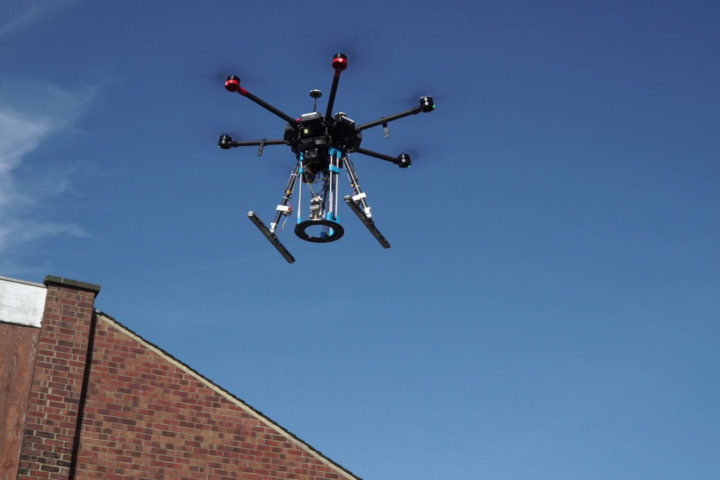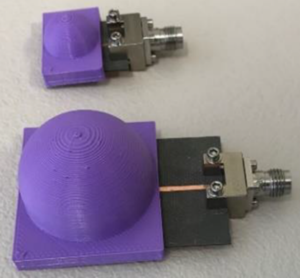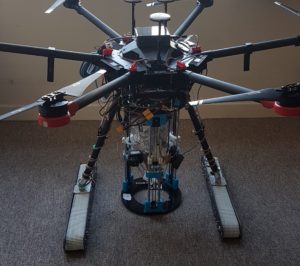
Self-Repairing Cities joins European ethics debate on AI technology
Self-Repairing Cities director Prof Rob Richardson joined other experts from Northern UK Universities to take the debate on the ethics of AI technology to the heart of Europe.
Rapid technological innovation is bringing human-robot interaction ever closer to our daily lives, meaning society needs a standard framework to address the ethical and safety issues that arise.
The first European draft ethics guideline for trustworthy AI published in December 2018 indicates this high priority in the EU political agenda.
The debate, hosted by John Procter MEP for Yorkshire and the Humber at the European Parliament on 6th February this year, was organised by the White Rose Partnership – made up of the Universities of Leeds, Sheffield and York.
Professor Yu, Deputy Vice-Chancellor: International at the University of Leeds who chaired the event, said: “The wave of technological advances in artificial intelligence and robotics is truly exciting, but further work is still needed to address associated ethical challenges.”
“There is a need for conversation between researchers and policy-makers across Europe to coherently address the issues this important work raises. We’re deliberately holding this discussion in the heart of the European policy-making scene to encourage as many opinions as possible”.
During the debate, Professor Richardson highlighted the potentially positive role that AI systems could play in the future by helping make our cities self-repairing. Using autonomous robots to monitor and maintain hard-to-access infrastructure could improve safety by removing the need for humans to do such difficult, dangerous and often dull work. Robots could also operate at night reducing disruption from roadworks.
However, this work also raises issues such as how such robots are regulated and the acceptable boundaries for their operation. Engaging with such ethical and policy debates are an important part of the Self-Repairing Cities project; without such frameworks in place it will not be possible to deliver the benefits envisaged of zero roadworks.
Similarly, the project is proactively addressing the question of whether robotics and AI will replace human workers and how we can safeguard against the AI revolution disproportionately affecting low paid and unskilled members of the workforce. This work is the focus of our work package on ‘City and Society’, which also includes looking at the environmental impacts of robots carrying out autonomous tasks and how this may affect existing wildlife such as bees and birds. Balancing these social and natural impacts of autonomous robots is at the heart of Self-Repairing Cities, to ensure that the robotic solutions developed deliver a win-win for both society and nature.
For more details on the ethics debate, please see the full Event report – European Societal Challenges: The Future of Human-Robot Interaction and the news item Northern robotics experts to lead Euro conversation on ethics of AI.
To find out more about the work Self-Repairing Cities is doing on the challenges associated with replacement of human work and the ecological implications of robotics and autonomous systems, please see our Mid-Term Report (page 22 – 23).










